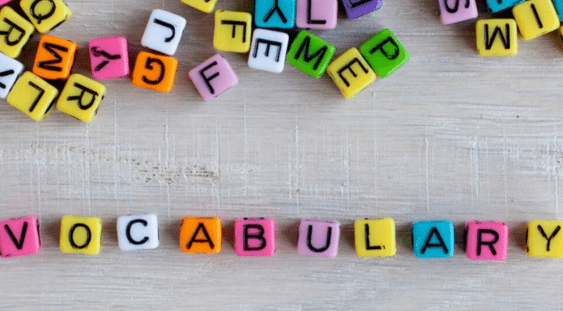
There is such a thing as healthy stress. In fact, our bodies need a certain level of stress in order to function optimally. Our bodies and brains need to make sure we are always prepared for the possibility of truly stressful situations! The presence of stress and anxiety, even when it is over things we may consider irrational, helps our brains and bodies stay prepared. So how much stress is too much? Here are some of the warning signs that your anxious child might need you (or a doctor) to step in.
Frequent “illness”
When anxious children say they don’t feel well, they aren’t making it up. Anxiety can show up in a variety of physical ways, including stomach ache, headache, and other unpleasant symptoms, ranging from mild to severe. If your child asks to stay home from school, and you suspect that the illness is caused by anxiety, instead of casting accusations, see if you can get to the root of their anxiety by talking to them. Validate how they’re feeling through empathy and compassion. If their complaints become habitual, it’s a sign that there are some deeper underlying causes of your child’s anxiety.
Trouble sleeping
If your child’s bedtime is reasonable, and they are having trouble falling asleep or are waking up frequently in the night, first try some of the more generic sleep improvement strategies. Limit or eliminate screen time in the hour leading up to bed. Try some deep breathing and/or visualization techniques right before bed, or try journaling in order to have them get out whatever is on their mind. If these strategies don’t work, chamomile tea is a great all-natural supplement that can improve sleep. When all else fails, talk to your child’s doctor about addressing his or her sleep issue. Sleep is crucial, especially for growing brains and bodies.
Poor eating habits
Anxiety frequently affects eating habits. If your child is suddenly eating a lot more or a lot less, and you’ve ruled out any related physical illnesses, this is a sign that they are struggling. Often, changes in habits like this are actually subconscious cries for help when children don’t know how else to ask.
Quick emotional escalation
Intense anxiety can also cause sudden, unexplainable outbursts. These usually come as a surprise to those nearby, even close family members and friends. The best way to react to these situations is through calm validation. If they’re speaking or acting irrationally, then lovingly give your child the time and space they need to cool down. If they do feel like talking to you in their heightened emotional state, make sure you are able to remain calm. In the event that their behavior gets aggressive, you can absolutely tell them that you are happy to talk when they are able to be safe, but that for now, you suggest they take some time to calm down.
Disproportionate worrying/negative thoughts
If your child expresses to you extreme or frequent/constant worrying, especially over hypothetical situations, this is quite likely a sign of an anxiety disorder. Many parents feel they need to respond to these worries with reassurance that nothing will happen. While very well-intentioned, this strategy doesn’t always help in ridding children of their worries. Instead, express that you understand where they’re coming from and name all of the reasons why they are safe (whether that safety is physical, emotional, or both).
Tense or fidgety
Lots of children naturally fidget. Especially for those who have ADHD, constant movement is not a sign of anxiety alone. However, if the behavior is new and paired with any of these other signs, it is worth further investigation.
Unexplainable Crying
Finally, some especially anxious children express their feelings through sudden bouts of crying. When these episodes come about without circumstances present that would explain the behavior, and the child is unable to articulate the cause, this is likely due to anxiety with which they otherwise don’t know how to cope.
The Bottom Line
When any of these symptoms appear, the first thing to do is always validate. The best thing for an anxious child is being told that what they’re feeling and what they’re experiencing is okay. But that’s only the first step. None of these symptoms in isolation necessarily indicates a significant issue with anxiety. However, when they present together, it could be a sign that your child needs help.




